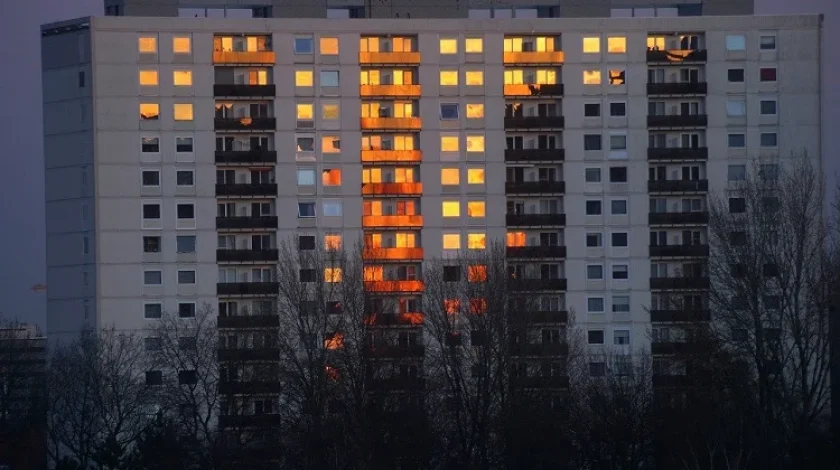Ban on Combustible Cladding – where are we now?
The Lacrosse building fire in Melbourne in November 2014, and the Grenfell tower fire in London in June 2017 sparked widespread enquiries into non-conforming building products. It has been discovered that high-risk combustible cladding which covered the external façade of the buildings was to blame for each disaster.
Building Products (Safety) Act 2017
In response, the New South Wales Government introduced the Building Products (Safety) Act 2017 (NSW) (the Act). The Act is designed to prevent the unsafe use of building products and to provide for the rectification of affected buildings.
Under the Act, Fair-Trading Secretary has the power to:
- prohibit the use of a building product in a building;
- issue a warning about a class of buildings that may be affected; and,
- issue an affected building notice.
The ban on Aluminium Composite Panels (ACPs)
From 15 August 2018, the Fair-Trading Secretary exercised its power under the Act to issue a ban on the use of ACPs that contain more than 30% polyethylene in its core. The product will be banned from use in buildings under the following classifications:
- Type A constructions (defined in the Building Code of Australia):
- Class 2, 3 and 9 buildings with a rise in storeys of three or more; and,
- Class 5, 6, 7 and 8 buildings with a rise in storeys of four or more.
- Type B constructions (defined in the Building Code of Australia):
- Class 2, 3 and 9 buildings with a rise in storeys of two or more; and,
- Class 5, 6, 7 and 8 buildings with a rise in storeys of three or more.
The ban will remain in effect until it is revoked by the Fair-Trading Secretary.
Impact on existing buildings
The Act operates retrospectively, meaning that it has widespread implications to owners of existing buildings which have banned ACPs in any external cladding, wall, insulation or façade. If you are an owner of a building containing banned products, the following may occur:
- The Commissioner of Fair-Trading may issue building notices to you, occupiers, your local council, enforcement authorities or on the internet; and,
- Your local council may have the power to issue you with a building product rectification order requiring you to:
- eliminate the safety risk posed by banned ACPs; or,
- remediate or restore the building once elimination of safety risk has occurred.
Whilst the Act operates retrospectively, builders will not be liable for utilising banned substances in buildings if the construction took place prior to a ban being issued. The onus falls on the owners to rectify their building if a banned product is present.
Apart from the legal implications, buildings containing banned substances may carry associated negative stigma which can result in diminished property valuations and a lack of interest in tenancy.
Liability and Penalties for non-compliance
Stakeholders such as builders, manufacturers and suppliers may be liable under the Act for contravening any ban. It will be an offence under section 15 of the Act if they:
- cause a banned building product to be used in construction of a building; or,
- represent that a building product is suitable for use in a building if that use would contravene a building product use ban.
Corporations may be subject to fines of up to $1.1 million for non-compliance, and a further $110,000 for each day the offence continues.
Contravening the ban may also result in executive liability, meaning directors and managers may be personally liable if they knew or ought to have known of an offence and failed to take reasonable steps for preventing that ban from occurring. These individuals may be subject to fines up to $220,000 or imprisonment for up to 2 years.
Impact on the Building & Construction Industry
- General caution surrounding building materials must be exercised by construction companies, builders and manufacturers.
- If you have plans or designs to construct a new building, ensure the plans do not include any banned substances such as ACPs, or other materials that may be banned under the Act from time to time.
- If you own a building and you believe it may contain banned products, ensure you take actions to confirm whether they are present or contact us for more information.
- If you are buying property, ensure you make enquiries as to whether any banned substances may be present. Conversely, if you are selling, ensure you seek advice on whether you should disclose the presence of any banned products.
If you have any questions in relation to the above, please do not hesitate to reach out to Coleman Greig’s Building and Construction lawyers, who are highly experienced with matters related to combustible cladding and are able to provide expert, tailored advice – no matter the complexity of the matter at hand.














